Waste Processing System
Waste Processing System (WPS)
THE INNOVATIVE ALTERNATIVE TO LANDFILL DUMPING
What can be Processed:
The WPS are designed to process a variety of materials including:
- Organic/food waste
- Mixed waste (Household garbage)
- Medical/hazardous waste
- Cardboard/paper
- Hard and soft plastics
- Glass
- Tin and aluminum cans
The 6 phase fully automated process Read More…
WPS Units come in 5 sizes ranging from the WPS 200 to the WPS 5000. Read More…
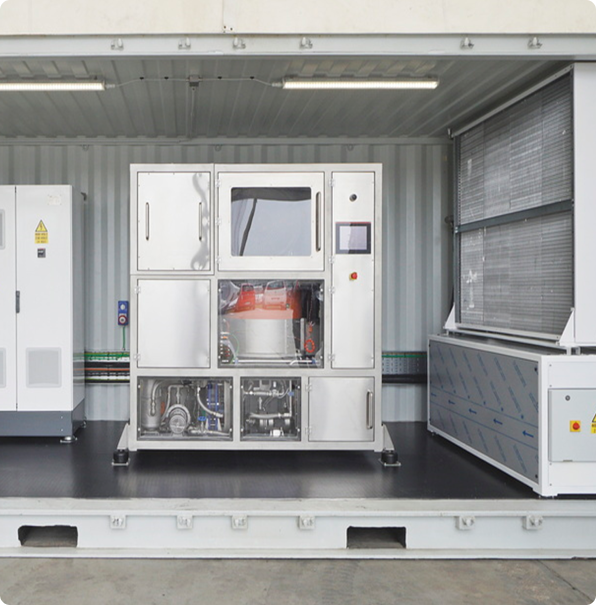
Processing Recyclables
Processing General Household Garbage.
How the WPS Works:
The 6 phase fully automated process.

PHASE 1: Load Waste & Press Start
Raw garbage, either loose or in garbage bags, is placed inside the drum. Select cycle & press ‘START’ to begin the process.

PHASE 2: Maceration
The blades inside the chamber rotate at high speed to grind and mash the waste while being kept under negative pressure (vacuum).

PHASE 3: Moisture Reduction
High speed rotation of the blades causes the temperature to rise through friction. At 100°C moisture in garbage evaporates as steam.

PHASE 4: Sterilization
The temperature is now able to rise to just over 110°C (other temperatures available for different kinds of waste) which sterilizes the contents & destroys bacteria and/or pathogens.

PHASE 5: Grey Water Extraction
Moisture is drawn off from the process chamber using a vacuum pump & is condensed back into grey water for either disposal into the sewerage system, used for irrigation or filtered for other uses.

PHASE 6: RDF Produced
Dry, sterile, homogenous, finely shredded, and stable RDF (Refuse Derived Fuel)/SRF (Solid Recovered Fuel) is produced which can be on-sold or safely stored for up to 12 months.
What is The WPS?
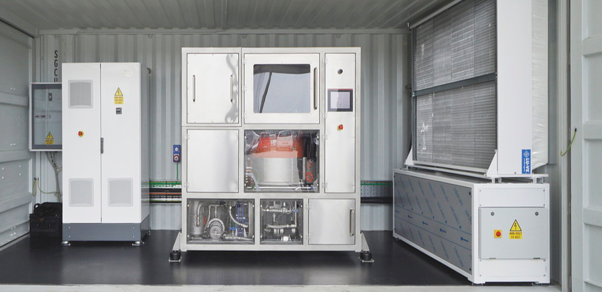
The WPS 200/500 can be housed in a 20ft shipping container. It can be easily transported and used on or offshore in the oil & gas industry, mining industry, onboard vessels, in military camps and on/in remote islands and communities. It can process all types of waste and has a typical throughput of up to 90kg/hr depending on the type of waste.
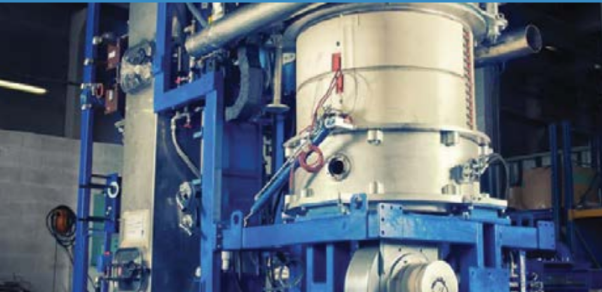
The WPS 1000 as seen here is currently installed in various hospitals in Europe. It can process all waste streams into a sterile, stable material and destroys any bacteria or pathogens at a rate of up to 120kg/hr at a running of 20hrs per day.
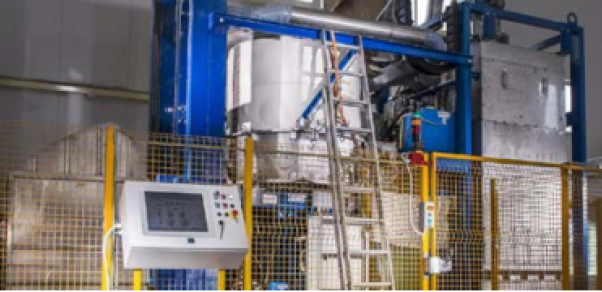
The WPS 2000 is ideal for any industry where up to 1000kg/hr of waste needs to be processed. It suits all waste streams including mixed solid waste, organic/food waste, medical/clinical waste, recyclables, aluminum, plastics and glass.
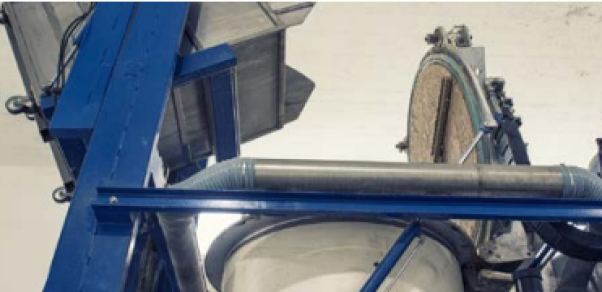
The WPS 5000 is the largest in the range with a 5250 litre processing chamber. Up to 2000kg/hour of waste can be processed. The waste bin seen here is lifted by a fully automated system. Industries with high waste volumes such as airports, government facilities, shopping malls, hotels and hospitals benefit from this unit.
In Summary
- The total process time is <40 minutes depending on the moisture content of the waste
- The garbage is reduced from its original volume by up to 80% with a weight reduction (depending on original moisture content) of up to 70%
- Thanks to the embedded state of the art effluent treatment system and to the low processing temperatures, the WPS can be classified as ZEE (Zero Emissions Equipment) because NO dust or emission of any kind is released into the installation environment
- The only by-product is water that can be further processed to almost any required level of purity

